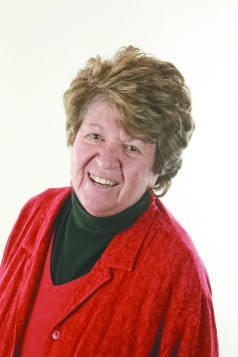


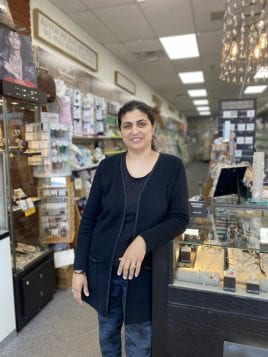


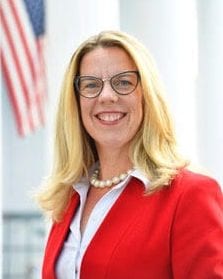

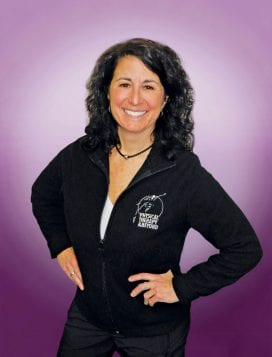






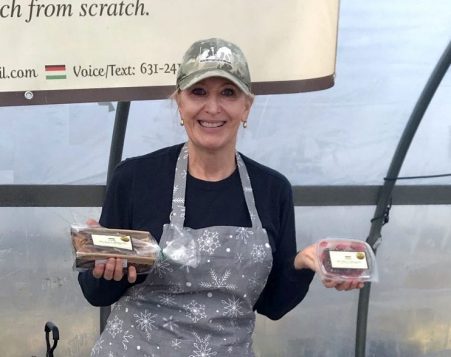

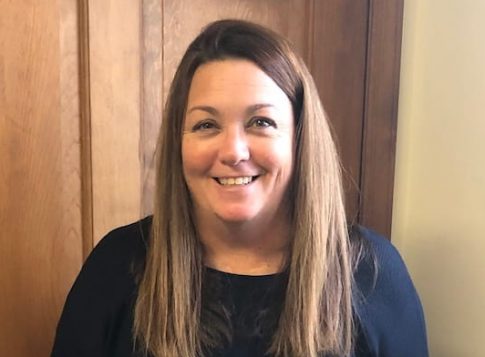









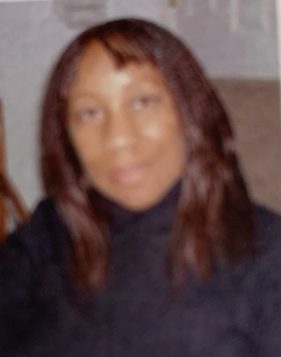


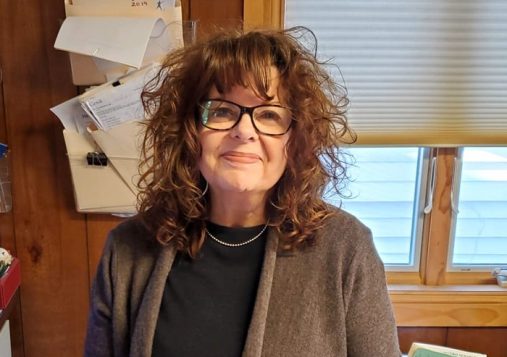


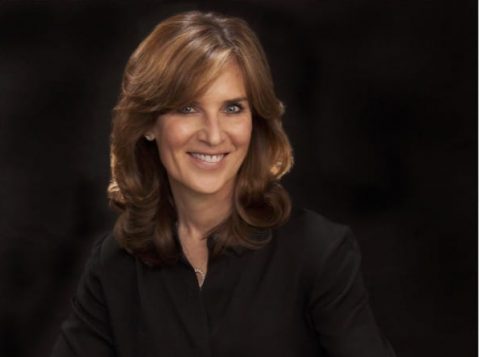
Join us in celebrating local women’s successes
By Leah S. Dunaief

As you know, March is Women’s History Month, honoring the contributions of women to history, culture and society. Did you know that women in the United States of America could not own property until 1862? You probably know from all the recent centennial publicity that women are able to vote only since 1920. But did you know that a woman could not have a credit card in her name until 1974? Now that is a startling statistic because it is not plucked from the dustbins of history but rather, for us of a certain age, a contemporary one. After all, I started The Village Times, the first newspaper of Times Beacon Record News Media, on April 8,1976. Getting a credit card then, whether for business or personal use, was a big complicated deal and how to run a business without one?
You might say we women in the workplace have indeed come a long way. And even though women still earn only 81cents for every dollar men earn, we can be pleased with our success so far. I’m saying “pleased,” but not yet “satisfied.”
Women’s History Month grew out of Women’s History Week, first celebrated in Sonoma County, California, in 1978 to acknowledge the singular contributions of women that had been largely ignored in most history books. The idea spread to other communities and President Jimmy Carter adapted it by presidential proclamation to a national observance in 1980. Since 1987, it has been celebrated annually by congressional resolution for the entire month of March in the United States, made to overlap International Women’s Day on March 8.
Today there are some 12.3 million women-owned businesses in the U.S., according to the National Association of Women Business Owners. Compare that to 402,000 women-owned businesses in 1972. Further, they generate 1.8 trillion dollars a year. There are 114% more women entrepreneurs than 20 years ago, starting roughly 1,821 new businesses every day, and that plays a significant role in the United States economy.
We want to call your attention to these female success stories on a local level. You probably don’t think of who owns the business when you shop in a store or use a service, nor should you. We women have proven ourselves adept at business and professional management, and seek nothing more than the same opportunities to support ourselves, our families, our employees, and to serve the public that men have enjoyed over the centuries.
Still, considering how far we have come today, we can’t be faulted in any demonstration of business success, such as in this section, for having a little extra gleam in our eye.

